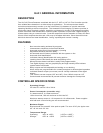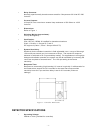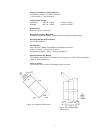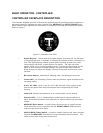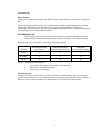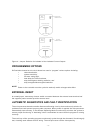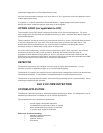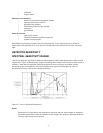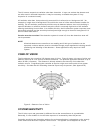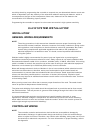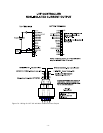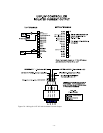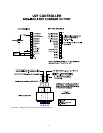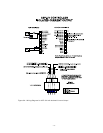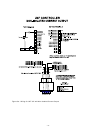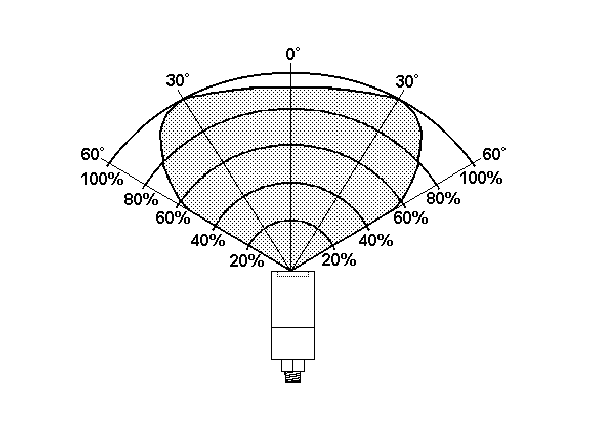
- 9 -
The UV sensor responds to radiation other than ultraviolet. X-rays can activate the detector and
are often used in industrial inspection. It may be necessary to disable the system if X-ray
inspection is conducted nearby.
UV radiation other than that produced by an actual fire is referred to as “background UV.” An
example of a high level of background UV could be the case of a flare stack situated outside of a
building. The UV radiation produced by this flare may be detected when a door to the building is
opened. Windows or reflective surfaces may also result in unusually high levels of UV radiation
entering the building from the flare. In a situation like this, the fire detection system response must
be carefully checked and the sensitivity level adjusted high enough so that this “background” UV
will not cause false alarms.
Caution must be exercised if the detection system is turned off, since the hazardous area will
not be protected.
NOTE
Ultraviolet detectors are sensitive to arc welding and if this type of radiation can be
expected, nuisance alarms must be controlled through proper application including careful
positioning and shielding of the detectors. Some applications may require a UV/IR
system.
CONE OF VISION
The fire detector has a nominal 120 degree cone of vision. Figure 6 shows the cone of vision and
detector response to a UV source at various distances. The practical application distance is up to
about 50 feet (15 meters). The distance is directly related to the intensity of the ultraviolet
radiation source. Programming the controller to require a high count rate results in low system
sensitivity. Consider that UV absorbing chemical vapors may be present. (See Appendix D)
Figure 6 - Detector Cone of Vision
SYSTEM SENSITIVITY
The UV tube count rate generated by different fires at the same distance is unpredictable.
Generally, if a fire doubles in size the tube response is increased by about 60 percent.
Controller sensitivity and time delay settings for various applications is dependent on the severity
of the hazard and the action required if a fire occurs. The system can be adjusted to various



